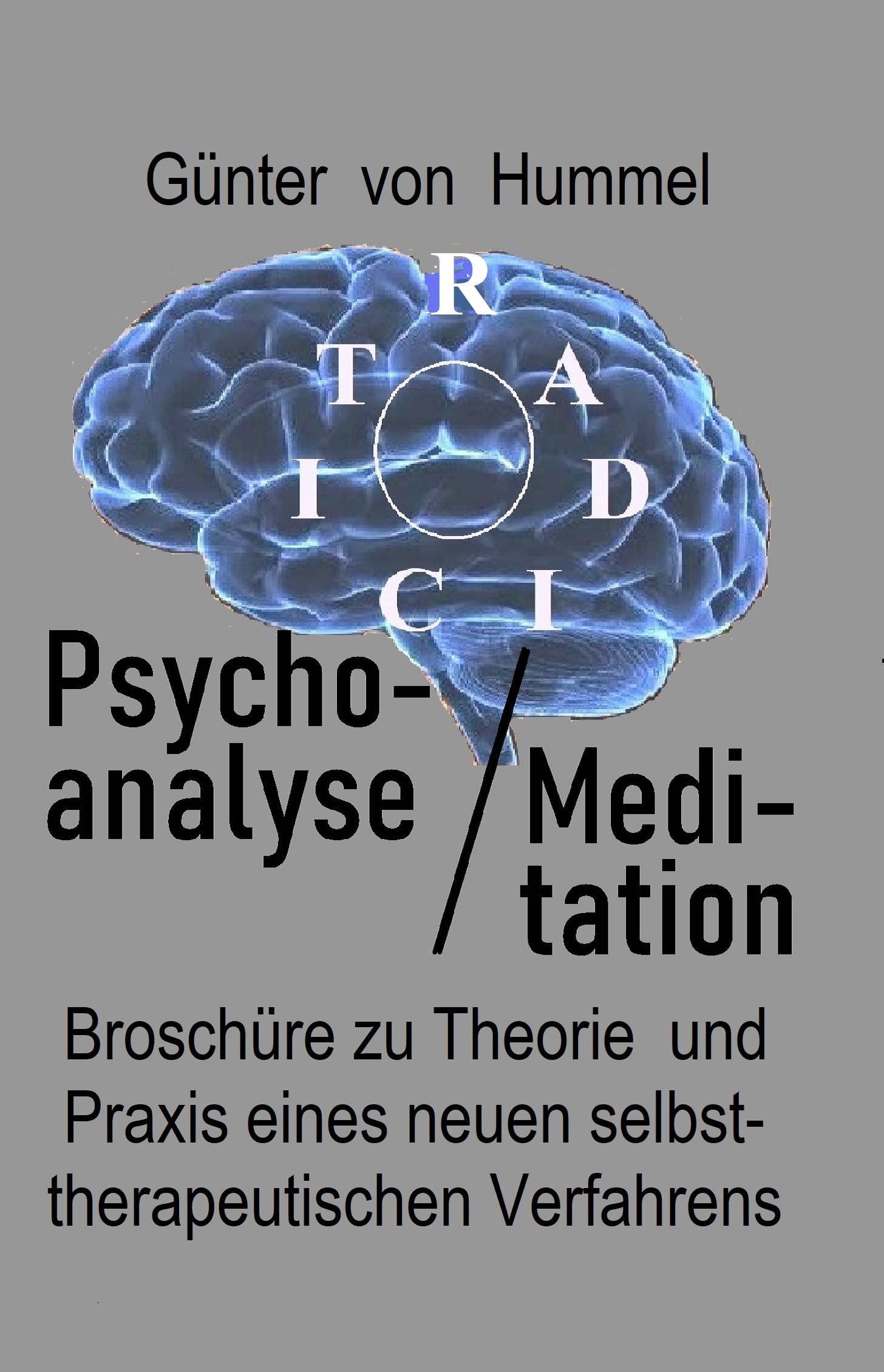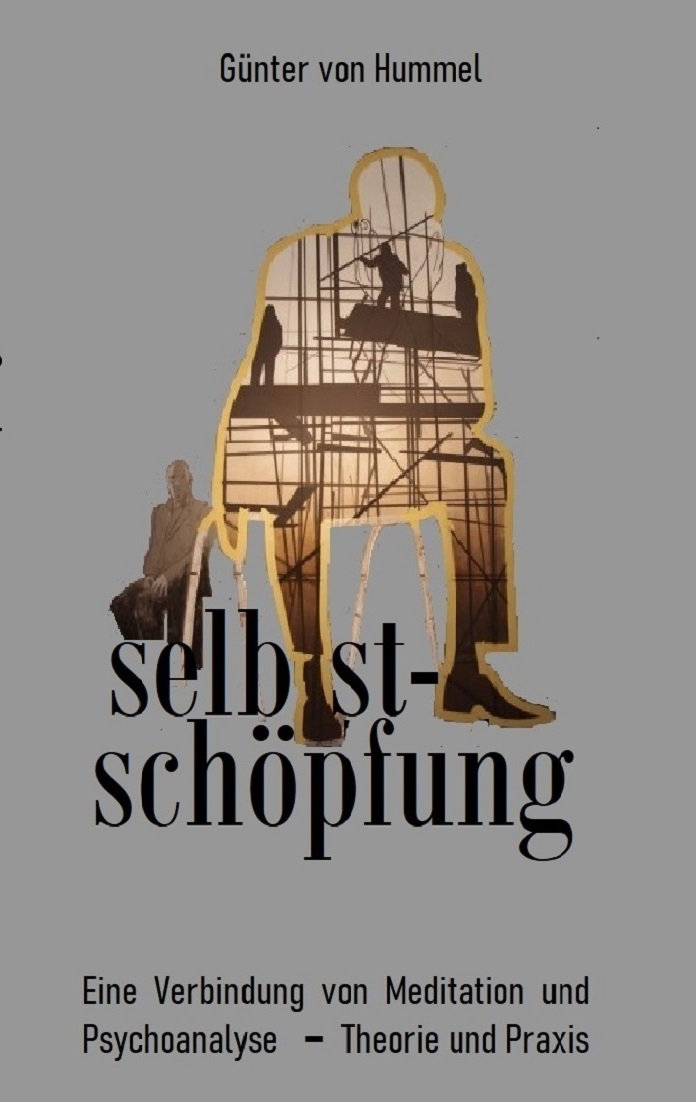Psychoanalysis defines the unconscious as a chain, as a knot of signifiers. The level of SHINES (imaginary, Other’s attention, psychic object) and SPEAKS (symbolic, Super-Ego, Id) are linked and knotted in the unconscious, and we have seen, that this basic formula is also valid for Yoga.
The latter doesn’t regard it as the incarnation of an upright spine, attention, of being upright, in an upright sitting posture, of straightness or of a striving upwards. It doesn’t regard it as a permanent vector ‘upward’ to sanctity or holiness. It rather gives it the status of a meaning/interpretation when the analyzed individual says something during a psychoanalytical session that reveals a wavering, unclearness, or an internal inhibition.
It connects such an interpretation with what we called an infantile, early-sexual or aggressive striving above. With that, it basically achieves something quite similar as in yoga. It teaches to classify the over-estimation of sexual objects, numerous desires and aggressive efforts connected with the unconscious as often being infantile, outdated or obsolete. It gives an individual the freedom to write his own history at decisive points again and anew, and to reconcile.
This would lead to an established and upright structure of a true personality. But while in Surat Shabd Yoga the meaning/interpretations often remain a bit inexact („incorrect“), psychoanalysis often doesn’t succeed in constructing a completely upright personality.
Footnote:
There are three types of ‘Karma’ in yoga: Sanchit (or pooled Karma), a type of fixated psycho-physical inheritance. Then, Pralabd (or fate Karma, a current extract of the first Karma), and finally, Kriyaman (that is carried on daily). However, it isn’t clear as through which mechanism produces Pralabd, since it almost precisely represents the unconscious. Yogis also imprecisely claim that the 'master' assumes such Karma, while it actually happens to be a transference, and which causes him to engage in a discourse concerning such unconscious complexes.


